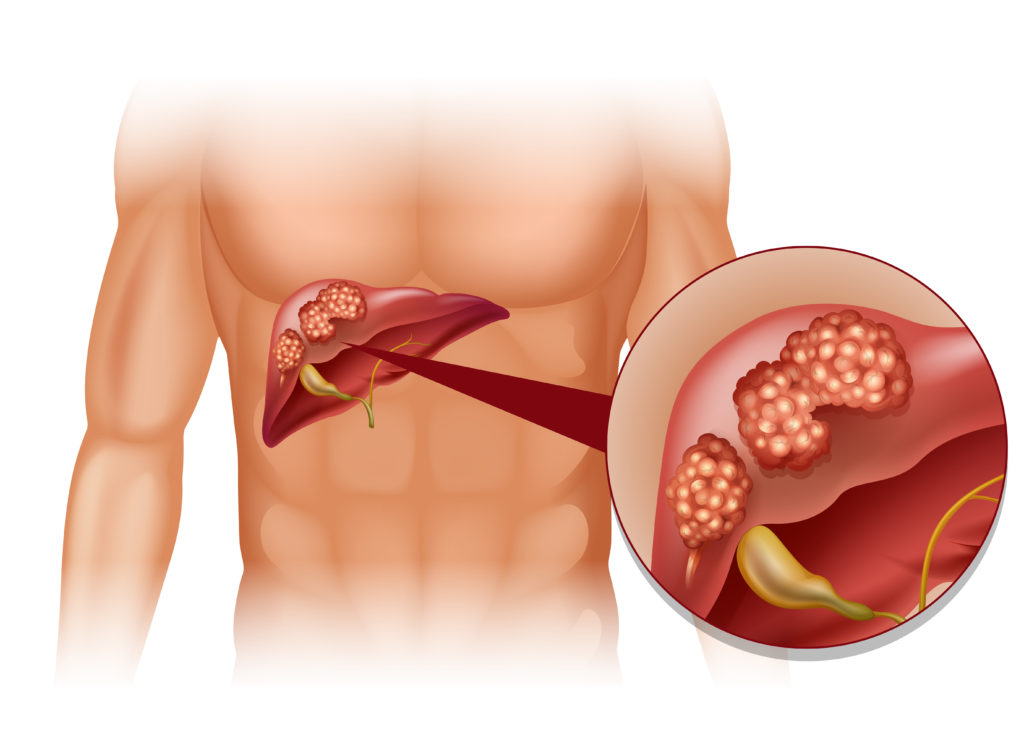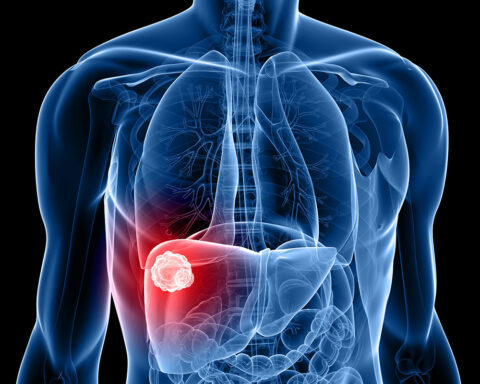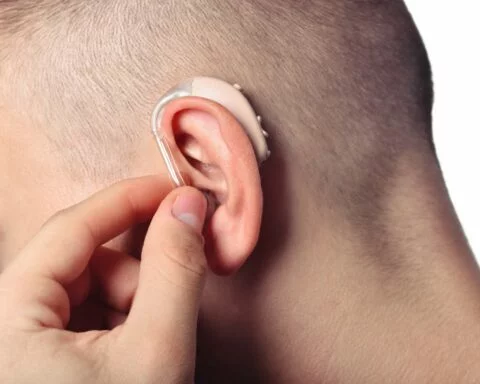Liver cancer is a type of cancer that starts in the liver. It can either be primary liver cancer, which starts in the liver, or secondary liver cancer, which starts in another part of the body and spreads to the liver. Surgery is a common treatment option for liver cancer, particularly in cases where the cancer is localized and has not spread to other parts of the body. In this comprehensive guide, we will discuss the various surgical options available to treat liver cancer.
Liver resection
Liver resection, also known as a hepatectomy, is the most common surgical procedure used to treat liver cancer. During a liver resection, the surgeon removes the cancerous tumor along with a portion of healthy liver tissue surrounding the tumor. The amount of liver tissue removed during a liver resection will depend on the size and location of the tumor.
Liver resection is generally considered to be the most effective treatment for localized liver cancer. The procedure is particularly effective for patients with small tumors that have not spread to other parts of the body. However, it is not always possible to remove the entire tumor, particularly if it is located near major blood vessels or other vital structures.
Liver transplant
Liver transplant is another surgical option used to treat liver cancer. During a liver transplant, the patient’s diseased liver is removed and replaced with a healthy liver from a donor. Liver transplant is typically reserved for patients with advanced liver cancer or for those whose liver is damaged beyond repair due to other factors, such as chronic liver disease.
Liver transplant is a complex surgical procedure and is only available to patients who meet specific criteria. Patients must be healthy enough to undergo surgery, have a small tumor, and have no evidence of cancer outside of the liver. Additionally, patients must be able to receive a liver transplant within a reasonable amount of time.
Ablation therapy
Ablation therapy is a minimally invasive surgical option used to treat liver cancer. The procedure involves using heat or cold to destroy the cancerous tumor. The two most common types of ablation therapy are radiofrequency ablation and cryoablation.
During radiofrequency ablation, an electrode is inserted into the tumor, and a high-frequency electrical current is used to heat and destroy the cancerous tissue. Cryoablation, on the other hand, uses extreme cold to freeze and destroy the tumor.
Ablation therapy is generally considered to be less effective than liver resection for treating liver cancer. It is typically reserved for patients who are not good candidates for surgery or for those with small tumors that are difficult to remove surgically.
Chemoembolization
Chemoembolization is a procedure that involves injecting chemotherapy drugs directly into the blood vessels that supply the liver tumor. The drugs are mixed with a material that blocks the blood vessels, cutting off the tumor’s blood supply and depriving it of the oxygen and nutrients it needs to grow.
Chemoembolization is typically used for patients with liver cancer that cannot be surgically removed. It is a minimally invasive procedure that can be performed on an outpatient basis. Chemoembolization is often used in combination with other treatments, such as surgery or radiation therapy.
Radioembolization
Radioembolization is a similar procedure to chemoembolization but uses radioactive microspheres instead of chemotherapy drugs. The microspheres are injected into the blood vessels that supply the liver tumor, where they deliver radiation directly to the cancerous cells.
Radioembolization is a relatively new treatment for liver cancer and is not yet widely available. It is typically used for patients who are not good candidates for surgery or who have not responded to other treatments.
- Chickpeas vs. Garbanzo Beans: What’s the Difference? - April 19, 2024
- How to Manage or Improve Anxiety - September 21, 2023
- The birth of a company - July 29, 2023







